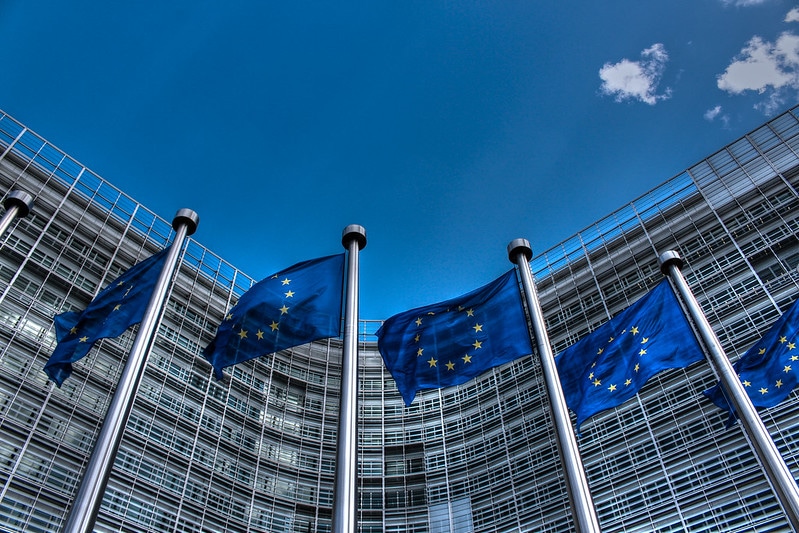According to a new report, Europe needs to double the share of power produced from renewable sources by 2030 to be in line with a stricter emissions-reductions target to put the region on track to achieve carbon neutrality.
—
What is Happening?
- Europe wants to become the world’s first continent to reduce greenhouse gases to zero by 2050 under the Green Deal. In December 2020, EU leaders endorsed a plan to reduce emissions by at least 55% by 2030 from 1990 levels, however negotiations continue.
- According to the report, written by the European Environment Agency, renewables accounted for more than 19% of the EU’s energy consumption in 2019, just below its 20% target for 2020. Power generated from green sources doubled from 2005 to 34% of production. However, the bloc needs to quicken its pace to achieve its lofty 2030 goals.
- Renewable power should grow to almost 70% of all EU generation by 2030 and to over 80% by 2050, “allowing sectors that are harder to decarbonise to reduce their emissions through electrification,” according to the report.
- The EEA suggests that carbon prices under the EU Emissions Trading System should be increased to make renewable power sources more competitive. The price rose to a record of 35.42 euros a ton last week.
- There is another challenge to tackle- the adverse impacts of the shift to renewable power. The report shows that the impact of solar power and the incineration of biodegradable municipal waste on freshwater worsened in 2018 compared with 2005. Additionally, solar power and the increase in the use of biomass had a negative effect on land occupation. The reason for this is that manufacturing components and constructing plants requires significant amounts of material and energy, causing additional emissions. New infrastructure can also affect vulnerable species’ habitats.
You might also like: US President Joe Biden Rejoins Paris Agreement, Halts Arctic Oil Leasing
Despite these risks, Wendel Trio, director of the Climate Action Network Europe organisation says that “We cannot reach net-zero without renewable power. With the right framework we can mitigate the potential adverse impacts on our environment and ensure that we all benefit from this transition to clean air.”
Featured image by: Flickr

















